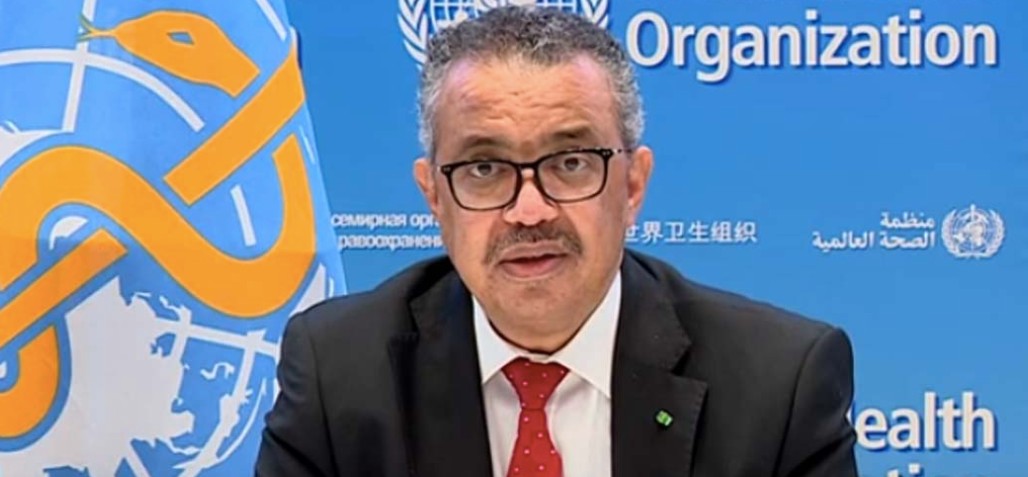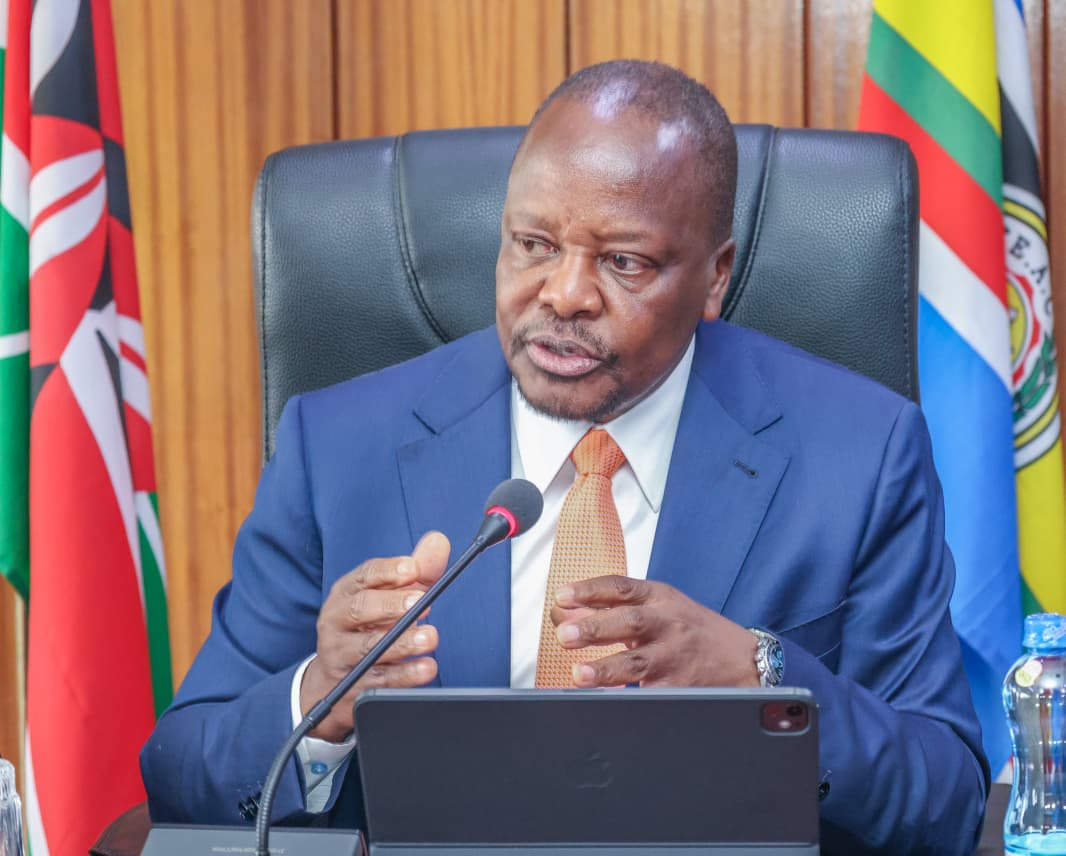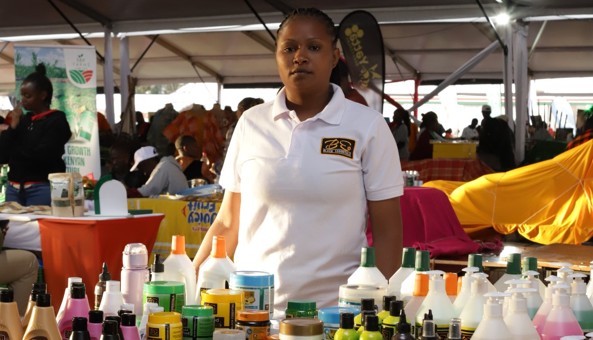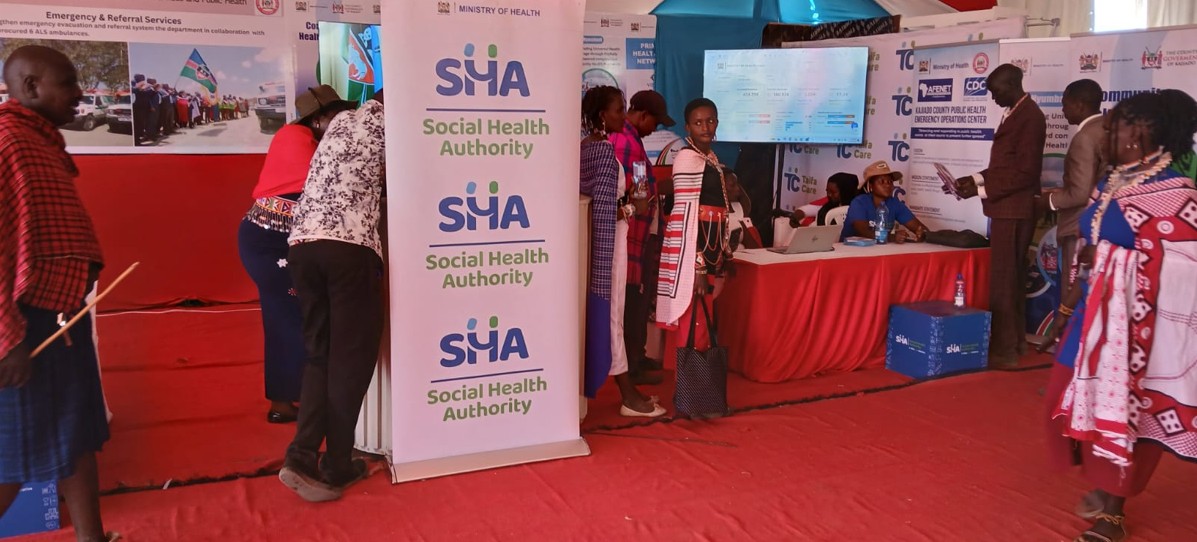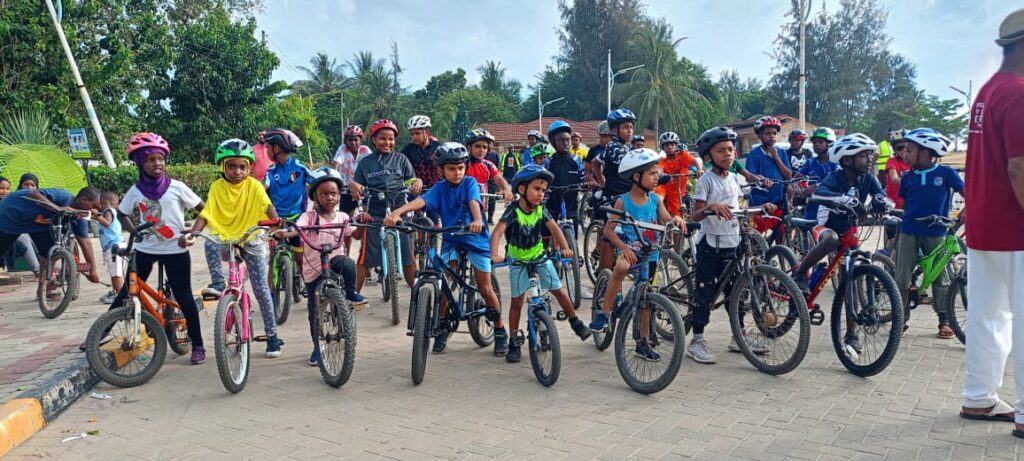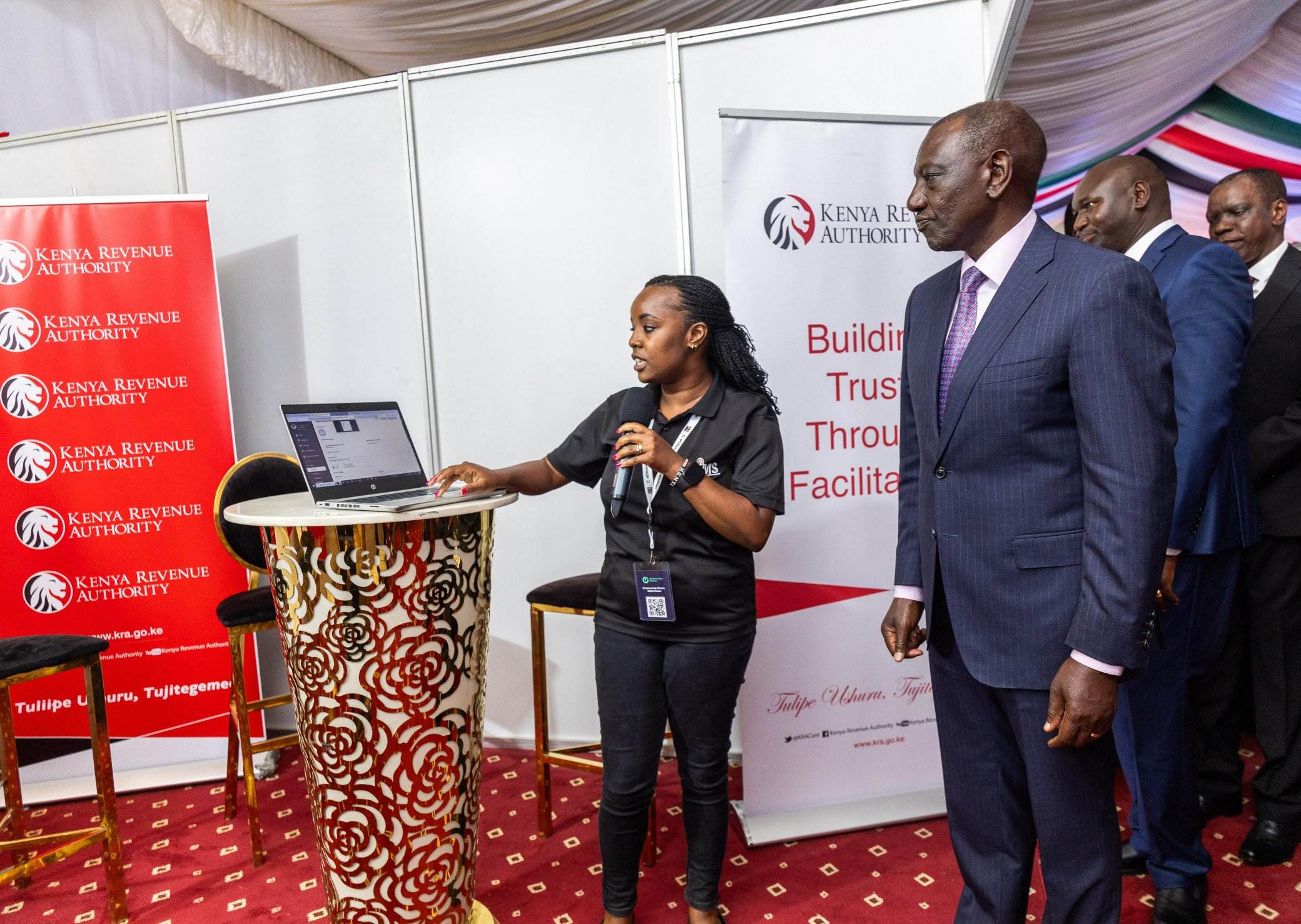New Bill requires international NGOs to hire two-thirds Kenyan staff
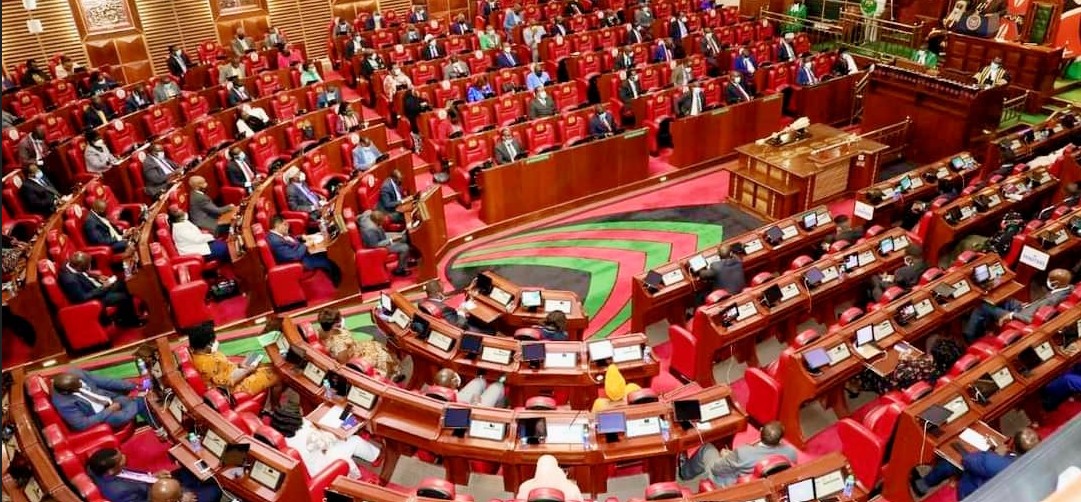
The Privileges and Immunities (Amendment) Bill 2025 seeks to ensure that expatriates make up no more than one-third of staff and narrows the scope of protections that have allowed some NGOs to operate beyond the reach of Kenyan law.
A new Bill will now require international charities and development agencies to reserve at least two-thirds of their jobs for Kenyan staff, while limiting legal immunities previously enjoyed by foreign organisations.
The Privileges and Immunities (Amendment) Bill 2025 seeks to ensure that expatriates make up no more than one-third of staff and narrows the scope of protections that have allowed some NGOs to operate beyond the reach of Kenyan law.
More To Read
- Kenyans to have their say on Bill granting controversial diplomatic protections
- High Court declares key provisions of PBO Act unconstitutional in major win for NGO rights
- NGOs in Kenya given until May 2026 to comply with new public benefits law
- Kenya's non-profit sector faces medium to low terror financing risk - Report
- Sakaja’s foundation among over 2,800 non-compliant NGOs facing deregistration
- NGOs report reveals increased funding as only 2,829 organisations file returns
Under the proposed legal changes, foreign development agencies, charities and foundations such as Oxfam and Save the Children International will have to meet stricter criteria to qualify for diplomatic privileges, including tax exemptions and legal immunities.
“The internationally recruited staff or expatriates shall be no more than one third of the total number of staff working for the organisations,” reads the Bill.
Expatriates can only be employed when no Kenyan has the requisite qualifications, skills, or experience to occupy a junior or middle-level position.
“The [internationally recognised] body may employ expatriates upon justification that no Kenyan has the requisite qualifications, skills, or experience to occupy a particular junior or middle-level position,” it adds.
The Bill also significantly limits the legal immunities foreign NGOs and development agencies have historically enjoyed. Immunity from legal process will now apply only to actions conducted in the course of official duties, excluding contractual disputes, commercial activities, labour grievances, traffic offences and criminal matters. The move addresses concerns that some organisations have operated with excessive legal protections.
Tax exemptions for internationally recognised bodies will also be scaled back. Only goods and services procured for official use will be tax-free, while business income, utilities, indirect taxes, and land rates remain payable.
Additionally, the Foreign and Diaspora Affairs Cabinet Secretary will have powers to suspend or withdraw privileges in cases of abuse or breach of Kenyan law, and may refuse to waive immunity where necessary for the administration of justice.
The overhaul follows public uproar earlier this year after the government granted host country agreements to six organisations, prompting debates over transparency, accountability, and national interest. In February, the Ruto administration approved privileges for Shelter Afrique Development Bank, Oxfam International, the International Institute for Democracy and Electoral Assistance (IDEA), the Norwegian Refugee Council, Population Services International (PSI), and Save the Children International.
Months earlier, in October 2024, the Gates Foundation had been granted similar status but withdrew from the agreement in April after the Law Society of Kenya (LSK) challenged the award in court, citing concerns over procedural fairness and broad immunities.
Foreign and Diaspora Affairs Cabinet Secretary Musalia Mudavadi said the amendments will fill gaps in the current law and prevent repeat controversies.
“The principal object of this Bill is to amend the provisions of the Privileges and Immunities Act, Cap. 179, to address the challenges affecting the grant and administration of privileges and immunities to internationally recognised bodies offering technical assistance to the Government,” Mudavadi, also Prime Cabinet Secretary, wrote in a memorandum accompanying the Bill.
A public webinar is scheduled for Tuesday, November 18, to collect views on the proposed law. To maintain privileged status, internationally recognised bodies will be required to submit an annual performance and staff report to the Foreign Affairs CS by December 31 each year.
Organisations that fail to meet reporting obligations risk having their host country agreements suspended or revoked within 14 days of notice.
Top Stories Today
